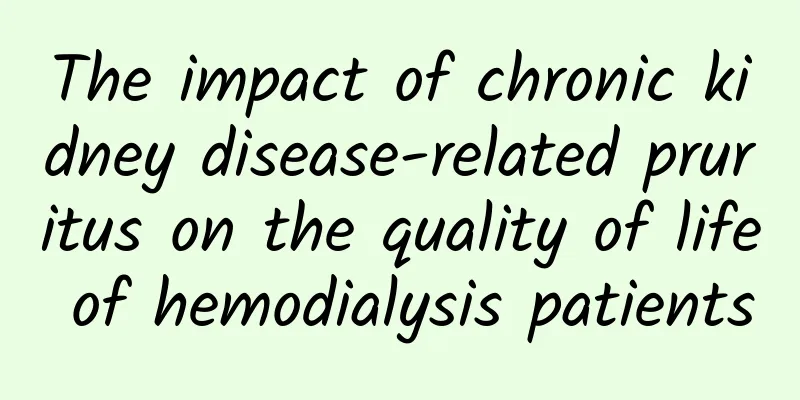Can I have an abortion if I have gynecological inflammation?

|
Generally, if you have gynecological inflammation, you cannot have an abortion. The inflammation should be treated first. If the inflammation is not treated first, intrauterine infection may occur during the abortion period. Therefore, you must conduct reliable examinations to understand what pathogens cause the gynecological inflammation. If you suffer from cervicitis or pelvic inflammatory disease, inflammation or subacute inflammation, you should actively treat it. After controlling the inflammation, consider having an abortion. After the abortion, you should pay attention to rest, do not do strenuous exercise, do not eat irritating, cold or cold foods, and pay attention to nutritional balance. In cases of gynecological inflammation, especially inflammation or subacute inflammation, with or without elevated body temperature, abortion surgery is not recommended. Since abortion is an intrauterine operation, if there is Trichomonas vaginitis or acute cervicitis, vaginal bacteria or cervical bacteria may be brought into the uterine cavity during miscarriage, causing endometritis or even inflammation of the entire pelvis, which may affect the discharge of blood stasis after abortion, resulting in incomplete miscarriage, and may also cause systemic infection. Medical abortion can be performed between 6 and 7 weeks of pregnancy, while surgical abortion can be performed between 5 and 8 weeks of pregnancy. If you are doing medical abortion plus painless uterine curettage, it is between 8-12 weeks of pregnancy. In clinical medicine, different weeks of pregnancy have different commonly used surgical treatment methods. It mainly depends on which method you use to achieve the purpose of terminating the pregnancy. If you do not plan to get pregnant and want to terminate the pregnancy after becoming pregnant, it is best to go to the hospital for an ultrasound examination as soon as possible to understand the current number of days of pregnancy. Then decide what method to use to terminate the pregnancy based on the pregnancy period. Any termination of pregnancy surgery requires relevant examinations before treatment, and surgery can only be performed if there are no contraindications. |
<<: Can I have an IUD if I have gynecological inflammation?
>>: Can I sleep with someone who has gynecological inflammation?
Recommend
There are three reasons why prolactin is high
Prolactin is a hormone secreted by the pituitary ...
A woman dreams of seeing leeks
Amaranth grows very quickly. Just after one crop ...
Female vaginal wash
For patients with gynecological diseases, skin di...
Menstruation ended after 15 days but there was blood in urine
Women have their periods every month, and normal ...
[Northern Xinjiang Science Popularization] What to do if your eyes itch in spring?
In addition to the common dry eye problem, spring...
Belly distension before menstruation
A bloated lower abdomen before the menstrual peri...
The 5 foods that women's bodies need most
Any food has its role, but for women, some foods ...
How much harm does abortion do to a woman's body
Many modern women do not take abortion seriously....
Pink color on the first day of menstruation
Normally, normal menstrual blood is red in color ...
It is easy to get pregnant if you have sex a few days after your period
Pregnancy is a relatively complex physiological p...
How to dehumidify the bedroom?
It is easy to get sick if you live in a humid dor...
What foods can nourish the uterus and ovaries?
Only with healthy uterus and ovaries can women su...
What kind of tea is good for girls?
Many people may think that young people do not ne...
What to do if you have breast pain during lactation
Breastfeeding is a very important period, and bre...
Creatinine is getting higher and higher, is it a rejection reaction? Or is it a BK virus infection?
Creatinine is a routine examination item for foll...









